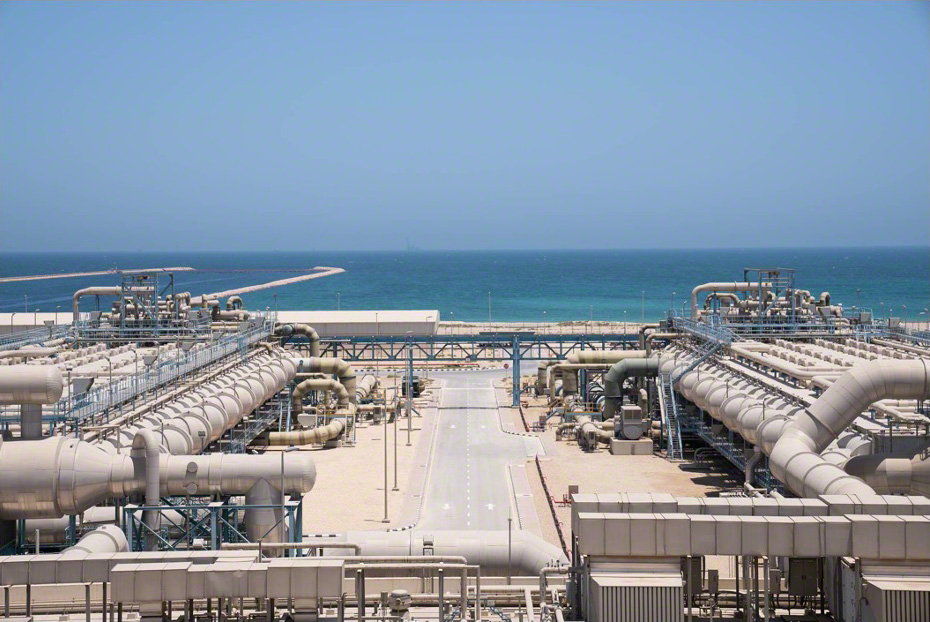Products serve these industries
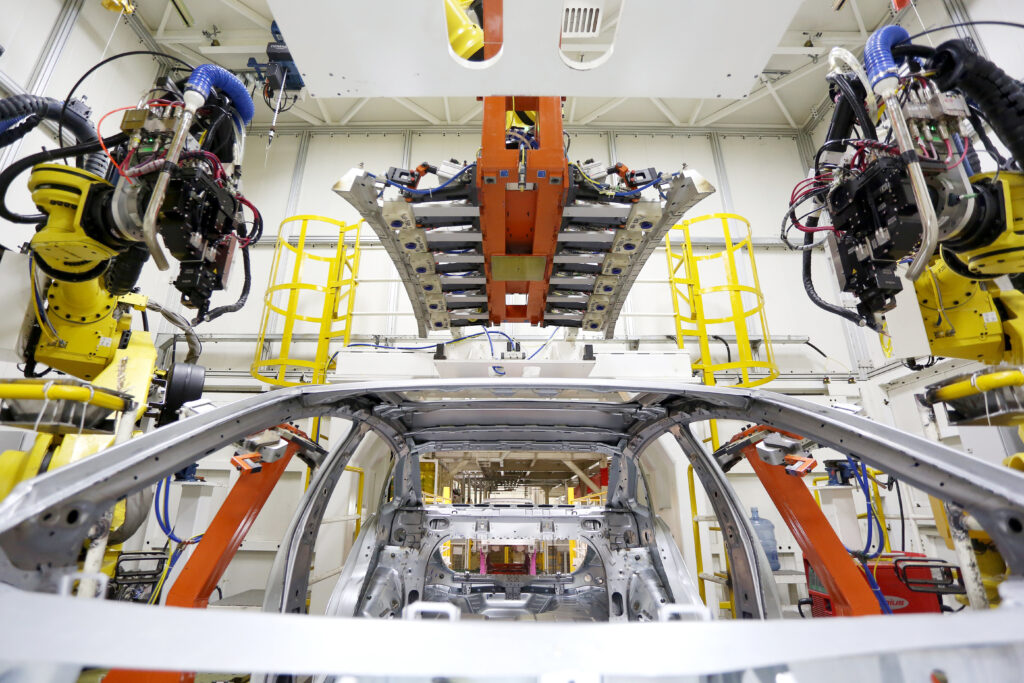
Automobile making
The automotive manufacturing industry involves designing, producing, and marketing motor vehicles. This industry is a cornerstone of the global economy, producing a vast array of vehicles, from passenger cars to commercial trucks. Innovation is key in this sector, with continuous advancements in safety, fuel efficiency, and emission reduction. The industry also plays a crucial role in technological breakthroughs, like electric vehicles and autonomous driving. From job creation to fostering mobility, the automotive manufacturing industry is truly an integral part of our modern society.
Power plant
Power plants are industrial facilities where energy conversions take place. Typically, fuel sources like coal, natural gas, nuclear energy, or renewables such as solar and wind energy are used to generate electricity. This process involves converting the energy stored in these fuels into electrical energy, which is then transmitted and distributed for residential, commercial, and industrial use. The specific processes and technologies used can vary significantly depending on the type of power plant. Essentially, power plants are the backbone of our electricity supply, enabling the functioning of modern society.


Offshore Platforms
Offshore drilling platforms are complex structures used for drilling wells at sea to extract petroleum from beneath the seabed. These platforms can be either fixed to the ocean floor or floating, depending on the depth of the water and the drilling requirements. They are equipped with drilling rigs, power generation equipment, and accommodation facilities. The extracted oil and gas are transported to the shore through underwater pipelines or tankers. These platforms are engineering marvels designed to withstand harsh marine conditions, and are integral to the global oil and gas industry.
Pharmaceutical industry
The pharmaceutical industry is a vital sector dedicated to the research, development, production, and marketing of drugs or medicinal chemicals for health treatment and prevention of diseases. This industry adheres to strict regulations and testing standards to ensure the safety and effectiveness of their products. From the development of new innovative medicines to the manufacture of generics, the pharmaceutical industry is at the forefront of advancing health science, providing solutions to the world’s ever-evolving health challenges, and improving the quality of human life.
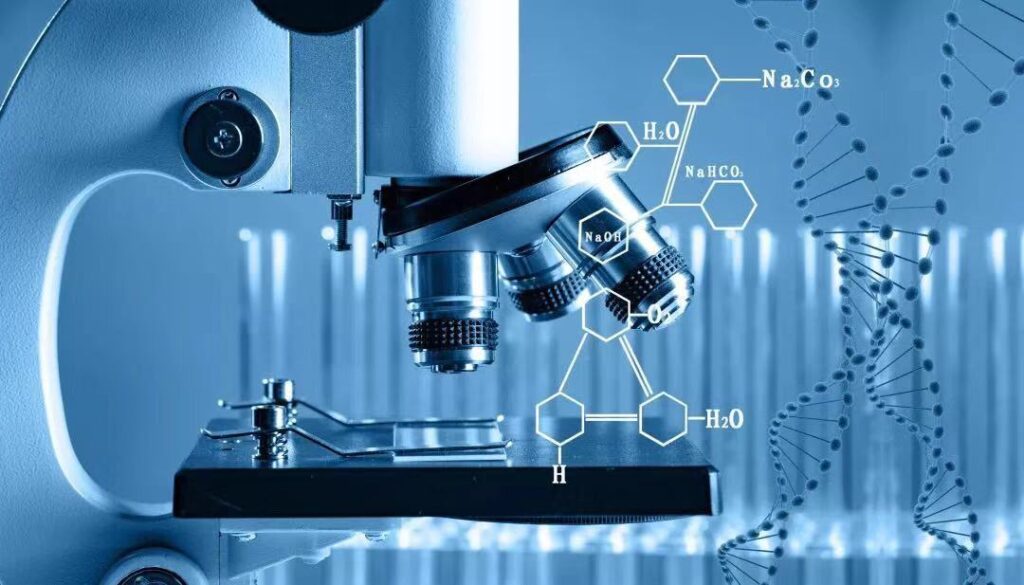

Shipbuilding industry
The shipbuilding industry involves the design, construction, and repair of ships. This complex process requires careful planning and specialized engineering skills to build vessels that can withstand challenging maritime conditions. The industry caters to a wide array of markets including cargo vessels, tankers, cruise ships, and naval vessels. Advances in technology, materials, and design continue to drive the shipbuilding industry forward, making it an essential part of the global economy and transportation system. From the heart of economic activity to the front lines of defense, ships are indispensable to our modern world.
Oil production
Oil extraction, also known as petroleum or oil drilling, is the process of extracting crude oil from underground reservoirs. This involves drilling wells into the earth’s surface and using specialized equipment to pump out the oil. The extracted crude oil undergoes refining processes to produce various petroleum products like gasoline, diesel, and jet fuel, among others. Oil extraction is a critical component of the global energy industry, providing the fuel that powers transportation, industries, and modern life. It plays a significant role in driving economic growth and meeting the world’s energy demands.
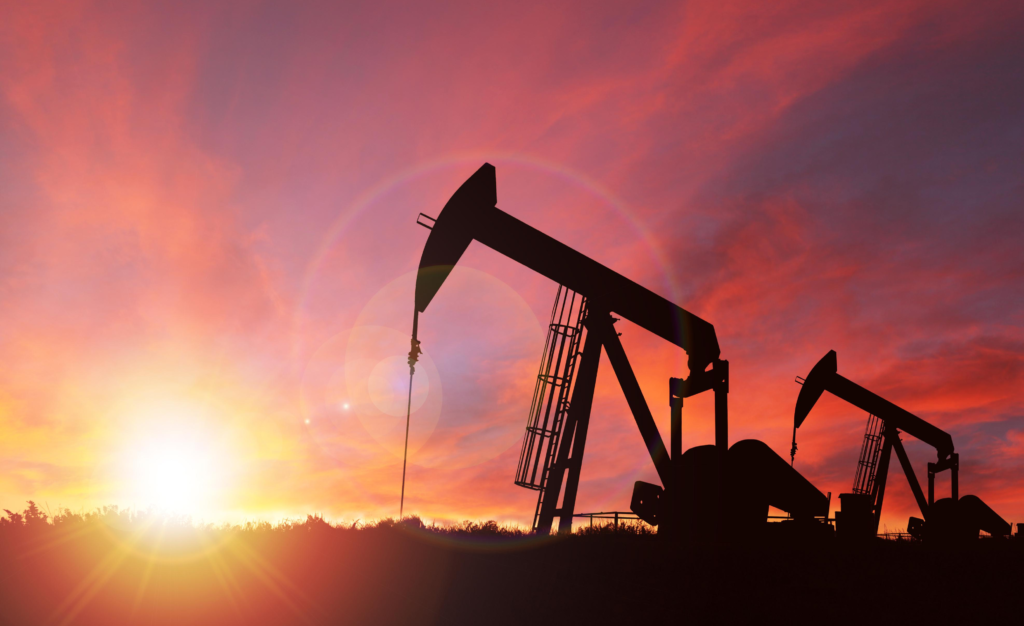
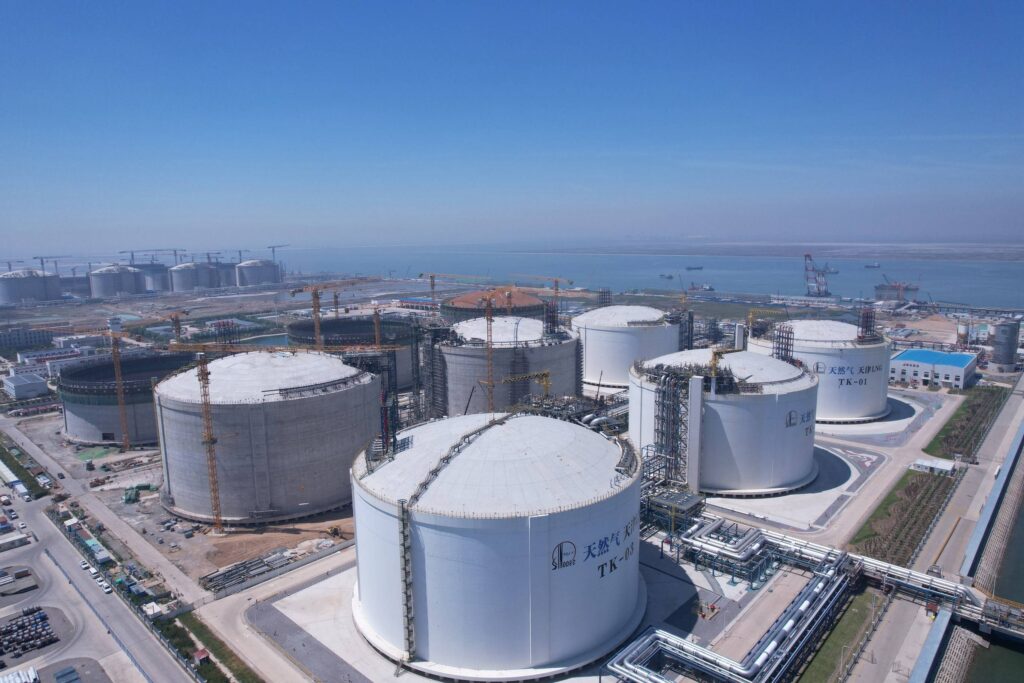
Liquefied natural gas
Liquefied Natural Gas, or LNG, is natural gas that has been cooled to a liquid state at about -162°C for transportation and storage purposes. It’s primarily composed of methane, along with small amounts of other hydrocarbons. When liquefied, natural gas takes up about 1/600th of its gaseous volume, making it efficient to transport over long distances where pipelines do not exist. Upon reaching its destination, LNG is regasified and distributed as natural gas. LNG is a significant part of the global energy mix, providing a cleaner-burning alternative to other fossil fuels.
Seawater desalination
Seawater desalination is the process of removing salts and other impurities from seawater to make it suitable for human consumption and irrigation. There are several methods for desalination, with reverse osmosis being the most commonly used. This process involves forcing seawater through a semipermeable membrane under high pressure, leaving salt and impurities behind. Desalination provides a solution to water scarcity in many arid regions and coastal areas, making it an increasingly vital technology for ensuring a sustainable water supply. However, the process is energy-intensive and environmental considerations, such as waste brine disposal, need to be addressed.
